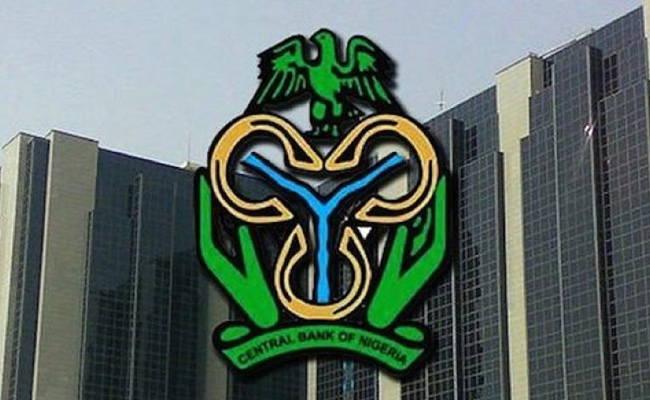
..Revises Zenith, UBA, 3 others outlook to positive
BY TEMITOPE ADEBAYO
Fitch Ratings has said the Central Bank of Nigeria(CBN), may be issuing regulations that would hinder the banking sector’s support to revive the Nigerian economy as it revised the Outlook on the Long-Term Issuer Default Ratings (IDRs) of five Nigerian banks and one bank holding company to Positive from Stable, affirming the Long-Term IDRs at ‘B-‘.
The international rating agency its latest ratings issued yesterday pointed out the $2,2 billion foreign exchange backlog which the CBN governor, Dr Olayemi Cardoso had said could not be verified and thus would not be paid.
Noting that the apex bank had stepped up efforts to reform the monetary and exchange rate framework, it said: “$2.2 billion of “unverified” FX forwards have yet to be cleared and there are risks of the CBN introducing more regulations that are detrimental to the banking sector to support macroeconomic stability.”
This is as it noted the renewed volatility in the forex market.
READ ALSO: President Tinubu directs govt agencies to procure CNG…
Meanwhile, the international rating agency had revised the outlook of Access Bank Plc, Zenith Bank Plc, United Bank for Africa Plc (UBA), Guaranty Trust Bank Limited (GTB), Guaranty Trust Holding Company Plc (GTCO) and Bank of Industry Limited (BOI) in its latest report released yesterday.
According to Fitch, the revision of the Outlooks on the Long-Term IDRs of Access Bank, Zenith Bank, UBA, GTB and GTCO mirrors the recent sovereign Outlook revision and reflects its view that Nigeria’s Long-Term IDRs are likely to represent less of a constraint on the issuers’ standalone creditworthiness in the near term.
The revision of the Outlook on BOI’s Long-Term IDR reflects Fitch’s view that the government’s ability to provide support to the policy bank is likely to improve. Fitch revised the Outlook on Nigeria’s Long-Term IDRs to Positive on 3 May 2024 (see Fitch Revises Nigeria’s Outlook to Positive; Affirms at ‘B-‘).
The revision partly reflected government reforms over the last year to support the restoration of macroeconomic stability and enhance policy coherence and credibility. Exchange rate and monetary policy frameworks have been adjusted, fuel subsidies reduced, coordination between the Ministry of Finance and the Central Bank of Nigeria (CBN) improved, central bank financing of the government scaled back and administrative efficiency measures are being taken to raise the currently low government revenue, as well as oil production.
The issuers’ National Ratings are unaffected by the event. As a policy bank, BOI’s Government Support Rating (GSR) has been affirmed at ‘b-‘. The GSRs of the other issuers are unaffected.
It noted that the Long-Term IDRs of Access Bank, Zenith Bank, UBA, GTB and GTCO are “driven by their standalone creditworthiness, as expressed by their Viability Ratings (VR) of ‘b-‘. The VRs are constrained by Nigeria’s Long-Term IDRs due to high sovereign exposure in the form of fixed-income securities and cash reserves and FX swaps with the CBN relative to capital.
“The VRs also capture the issuers’ strong business profiles, characterised by sizeable market shares and revenue diversification, in addition to strong profitability, and large capital and foreign-currency (FC) liquidity buffers. The Positive Outlooks on the Long-Term IDRs mirror that of the sovereign. The VRs of Zenith Bank, UBA, GTB and GTCO remain one notch below their implied VRs of ‘b’, reflecting the operating environment/sovereign rating constraint.
“Operating conditions remain challenging despite the sovereign Outlook revision, with implemented reforms presenting significant near-term credit and market risks to the banking sector. The Nigerian naira has devalued by over 65 per cent against the US dollar since end-May 2023, exerting pressure on the banking sector’s capitalisation and heightening credit concentration risks, and the FX market has yet to stabilise. Inflation (March: 33.2%) has accelerated, partly due to exchange rate pass-through and rising food prices, and is forecast to remain high in the near term (2024: 26.3%).
“The banking sector’s ability to tolerate these risks will be supported by a marked increase in equity issuance over the next two years to comply with a significant increase in paid-in capital requirements by end-1Q26,” it pointed out.










